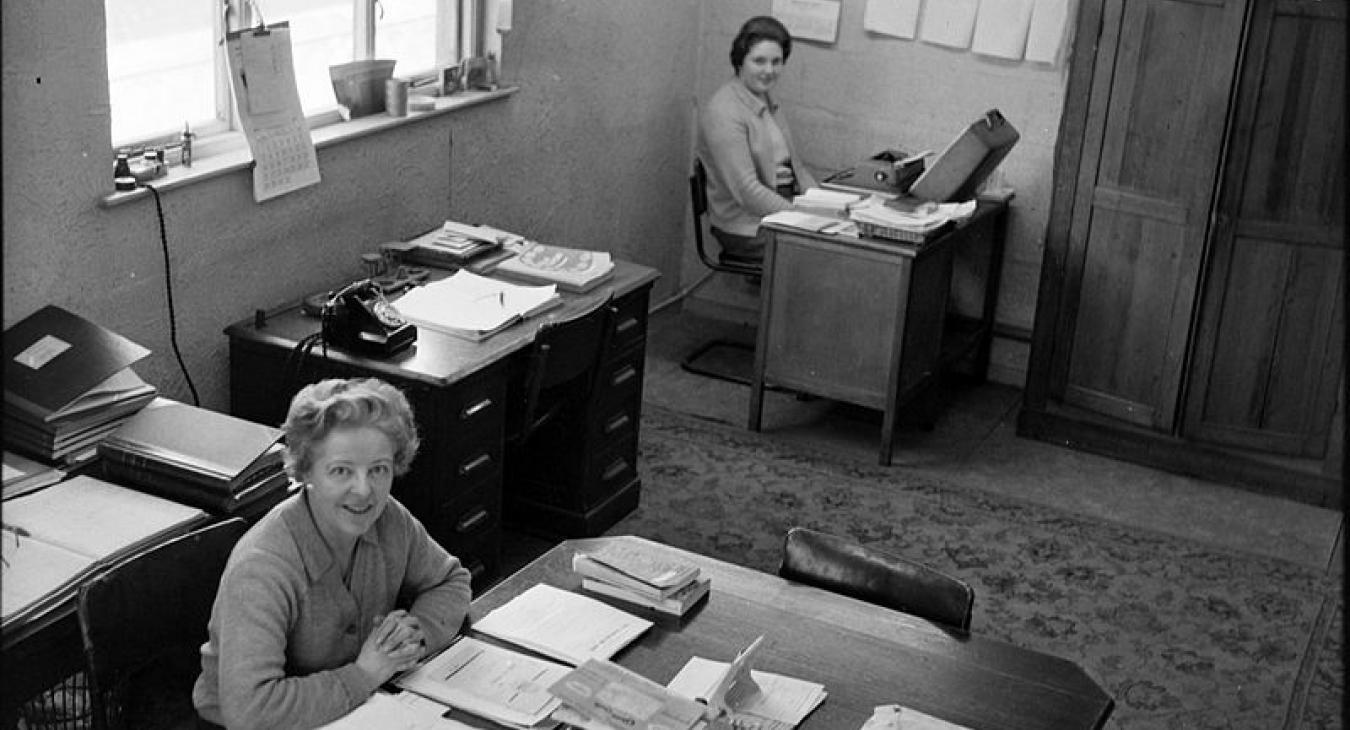The legislation ending the marriage bar in the Irish civil service became law 50 years ago today, on 31 July 1973. The marriage bar required single women civil servants to resign from their job when they married and banned married women from joining the permanent civil service.
To mark the 50th anniversary of the Civil Service (Employment of Married Women) Act, our social policy officer Dr Laura Bambrick is presenting at trade union members’ events throughout the year on the background to the ban on employing married women.
Dr Bambrick said: “The marriage bar was the most blatant form of gender discrimination in the history of women’s employment.
“Yet it had almost universal public support, including among women. Only the rare few women in senior positions were likely to resent it.
“Marriage bars fell out of fashion after World War II across Europe, including in the British civil service from 1946. What makes Ireland unusual is that we were one of the last countries to enforce a marriage bar on working women.
“A commission of inquiry established by the government in 1970 to investigate the treatment of women across Irish society recommended ending the civil service marriage bar. The Commission on the Status of Women pointed out that any practices of systematic downgrading of women workers would be incompatible with the requirements for EEC membership after Ireland joined in 1973.
“The marriage bar in the civil service ended in 1973 and in the wider public sector the following year.
“However, the lump sum ‘marriage gratuity’ payment of a month’s pay per year served would continue to be paid to civil and public servants who quit voluntarily when they married. This was too good an offer to turn down for most young brides starting out married life. But it came at a high cost in terms of their future pension entitlements which is still felt today.”
Laura's presentation can be read here. Marriage Bar (July 2023).pdf

